Rick Mears' early career in IndyCar racing
Rick Mears' career started in the 1970s when he began racing in Formula Super Vee. He quickly made a name for himself, winning the championship in his rookie year. He then moved on to IndyCar racing in 1978 and showed his potential in his first race, finishing 7th at the Indianapolis 500. However, it was in the following year that he really made his mark, winning his first IndyCar race at Milwaukee.
Mears continued to impress throughout the 1970s, winning more races and establishing himself as a driver to watch. However, it wasn't until the start of the 1980s that he truly hit his stride. In 1981, Mears won his first Indy 500, dominating the race and lapping all but three of the other drivers. It was the start of an incredible run of success for Mears, who went on to win three more Indy 500s and three IndyCar championships over the course of the decade.
The 1980s: Rick Mears' dominance and rivalry with other drivers
The 1980s were a golden era for Rick Mears, who dominated the IndyCar scene with his incredible driving skills and fearless attitude. He won his second Indy 500 in 1984, following it up with victories in 1988 and 1991. He also won the IndyCar championship in 1981, 1982, and 1985, cementing his place as one of the greatest drivers in the sport's history.
However, Mears' success was not without its challenges. He faced stiff competition from other drivers, including his own teammate, Al Unser, Jr. The two drivers had a fierce rivalry, with each pushing the other to their limits on the track. Their battles were some of the most memorable moments in IndyCar history, with Mears coming out on top more often than not.
The 1990s: Mears' comeback and retirement
The 1990s saw Rick Mears face some of the toughest challenges of his career. He suffered a serious injury in 1992, which forced him to sit out the majority of the season. However, he made a remarkable comeback in 1993, winning two races and finishing 3rd in the championship standings.
Mears continued to race throughout the rest of the decade, but his performance was not as dominant as it had been in the past. He announced his retirement in 1992, at the age of 42, leaving behind a legacy that few drivers could match. His skills and achievements had made him an icon in the sport, and his influence would continue to be felt for years to come.
Rick Mears' legacy in IndyCar racing
Rick Mears' legacy in IndyCar racing is undeniable. He was a master of his craft, pushing the limits of what was possible on the track and inspiring a generation of drivers to follow in his footsteps. His record speaks for itself, with four Indy 500 wins and three IndyCar championships to his name. But it was more than just his success on the track that set him apart.
Mears was known for his incredible work ethic and his commitment to excellence. He was constantly pushing himself to improve, to find new ways to be faster and more competitive. His dedication to his craft was an inspiration to his peers and a testament to the power of hard work and determination.
Top moments and achievements of Rick Mears' career
Rick Mears' career was filled with incredible moments and achievements. Some of the highlights include:
- Winning his first IndyCar race at Milwaukee in 1979
- Dominating the 1981 Indy 500, lapping all but three of the other drivers
- Winning the IndyCar championship in 1981, 1982, and 1985
- Winning the Indy 500 in 1984, 1988, 1991, and 1992
- Making a remarkable comeback in 1993 after suffering a serious injury
- Retiring in 1992 with four Indy 500 wins and three IndyCar championships to his name
The technology and innovation that shaped Mears' racing career
Rick Mears' success was not just down to his driving skills. He was also a master of the technology and innovation that shaped the sport of IndyCar racing. He worked closely with engineers and mechanics to develop new technologies and techniques that would give him an edge on the track.
One of the key innovations that Mears was involved in was the use of ground effects in racing cars. This technology, which used the shape of the car to generate downforce, allowed drivers to take corners at higher speeds and with more control. Mears was instrumental in developing this technology, and it played a crucial role in his dominant performances in the 1980s.
The future of IndyCar racing and the impact of drivers like Rick Mears
The world of IndyCar racing has changed a lot since Rick Mears' retirement in 1992. New drivers have emerged, new technologies have been developed, and the sport has continued to evolve. However, the impact of drivers like Mears can still be felt today.
Mears' dedication to his craft and his commitment to excellence continue to inspire drivers and fans alike. His record-breaking achievements and his innovative spirit have left a lasting legacy in the sport, shaping the way that drivers approach racing and inspiring new generations to push the limits of what is possible.
Honors and recognition for Rick Mears
Rick Mears' incredible career has been recognized with numerous honors and awards. He was inducted into the Motorsports Hall of Fame of America in 1997 and the International Motorsports Hall of Fame in 1999. He was also named one of the 50 greatest drivers of all time by ESPN in 2000.
Mears' legacy continues to be celebrated by fans and fellow drivers, who recognize him as one of the greatest drivers in the history of IndyCar racing. His impact on the sport is undeniable, and his achievements will continue to inspire and amaze for generations to come.
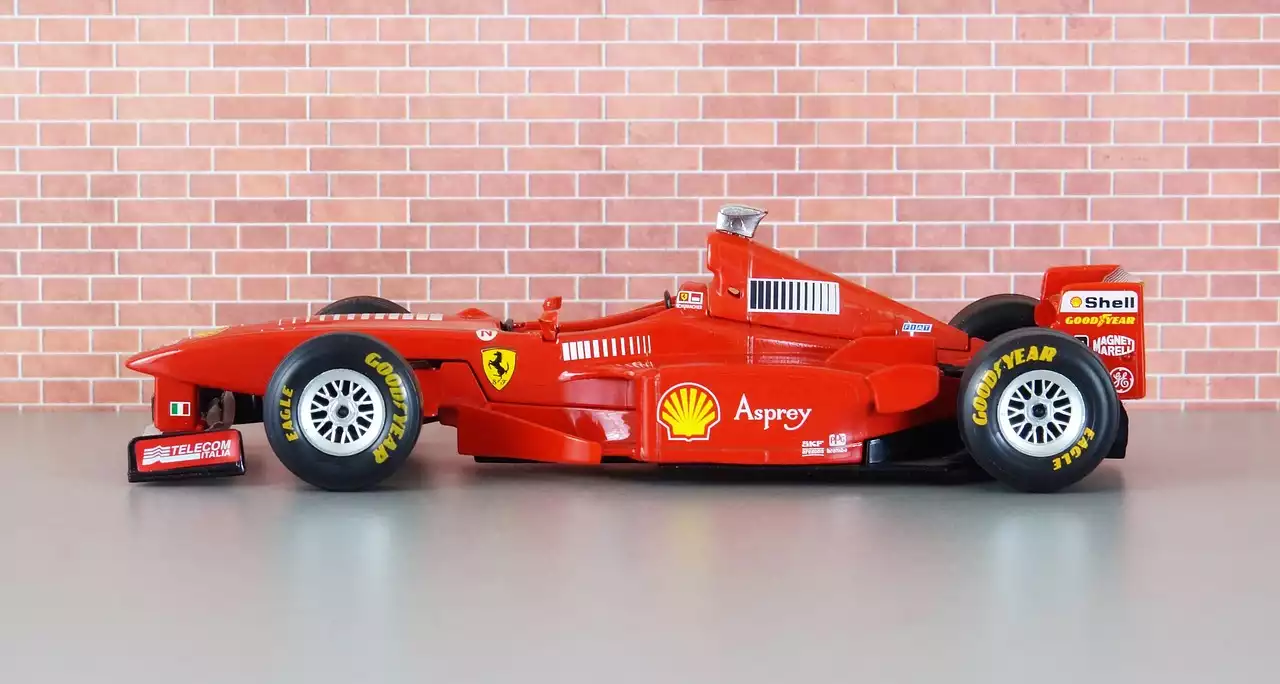
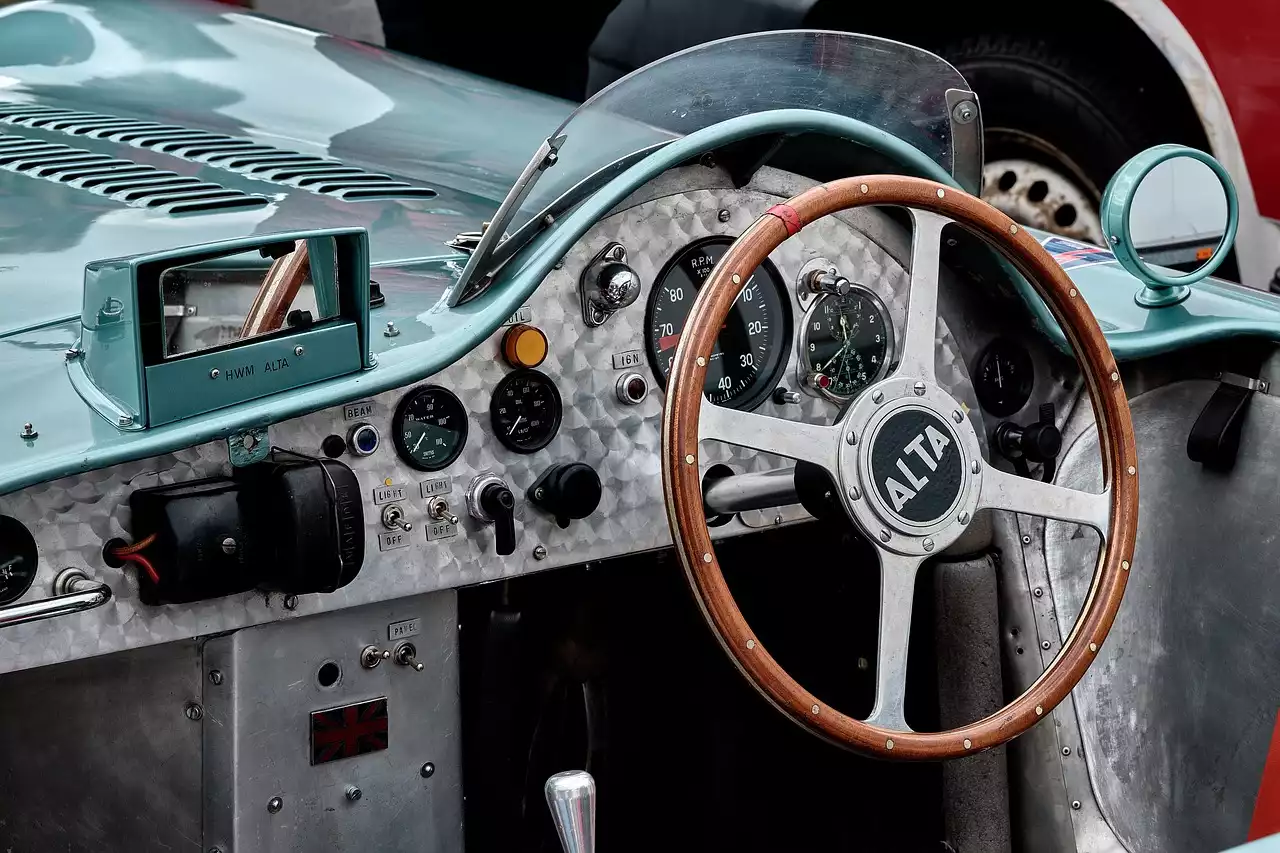
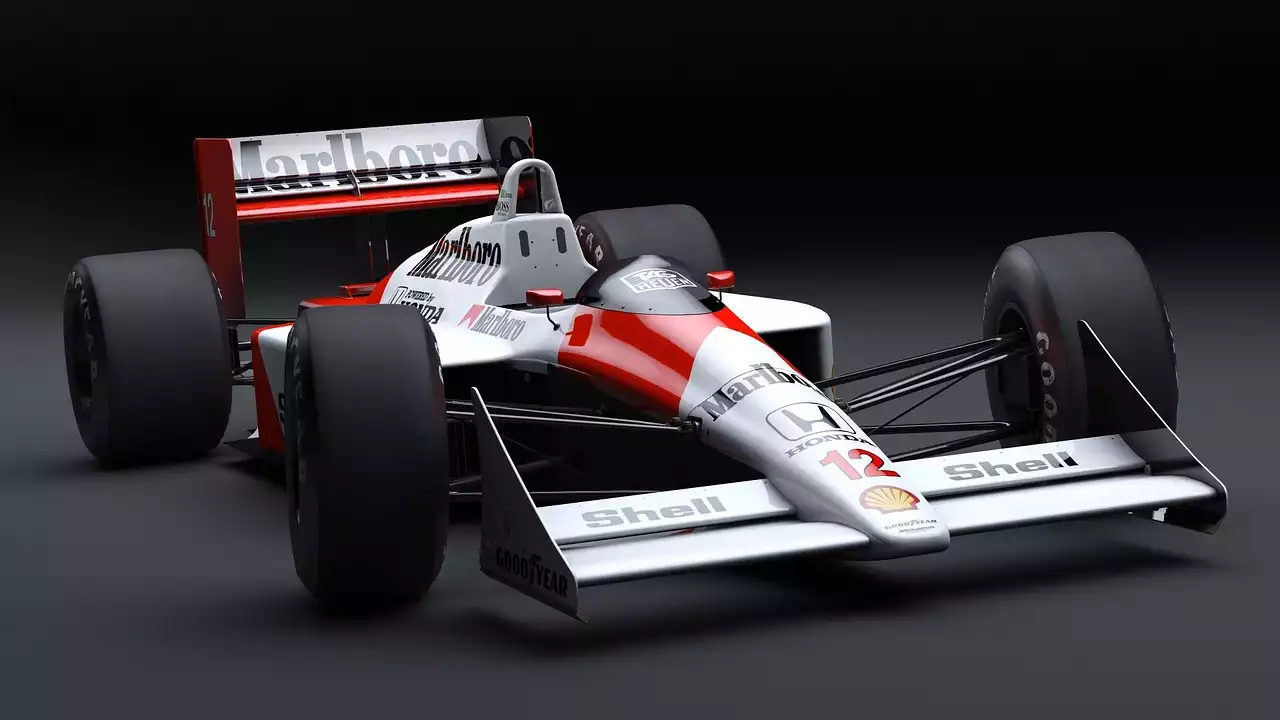
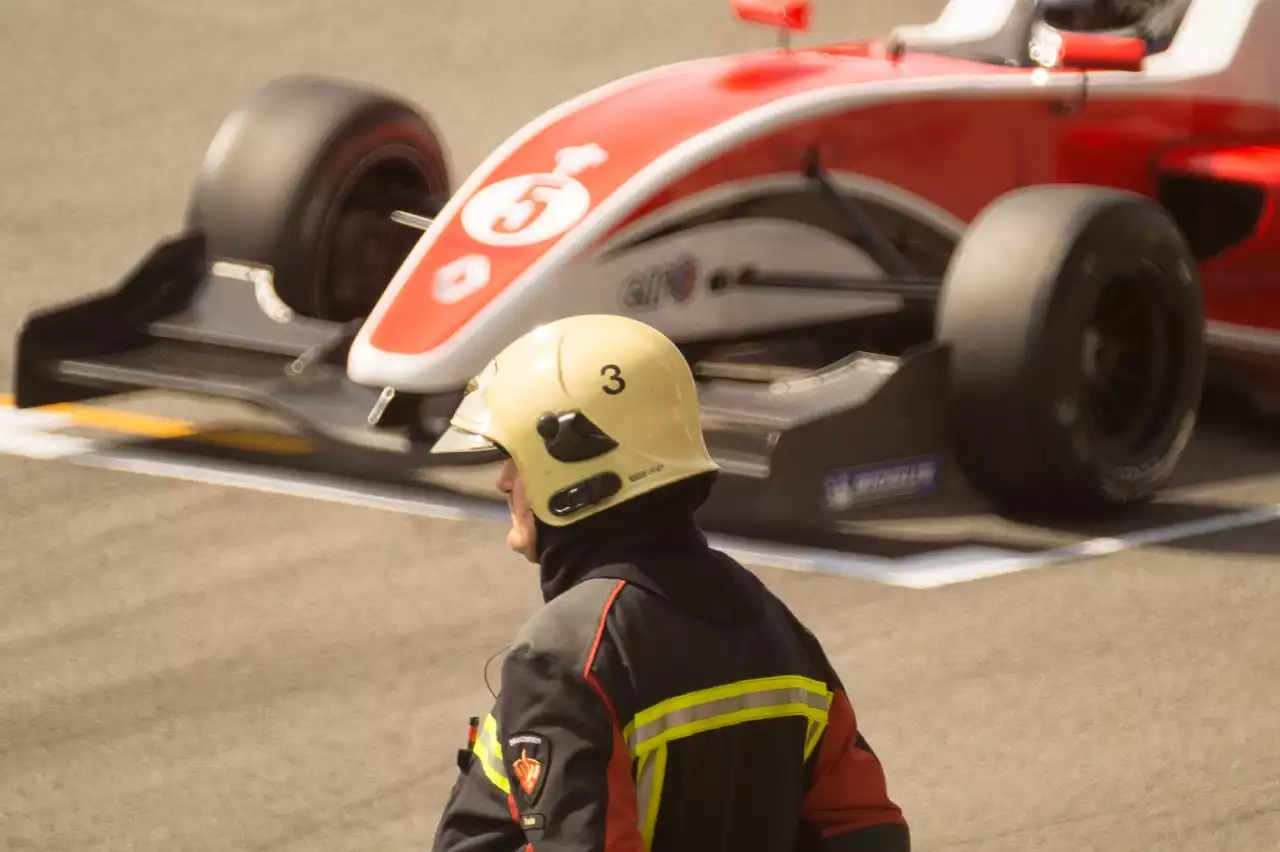
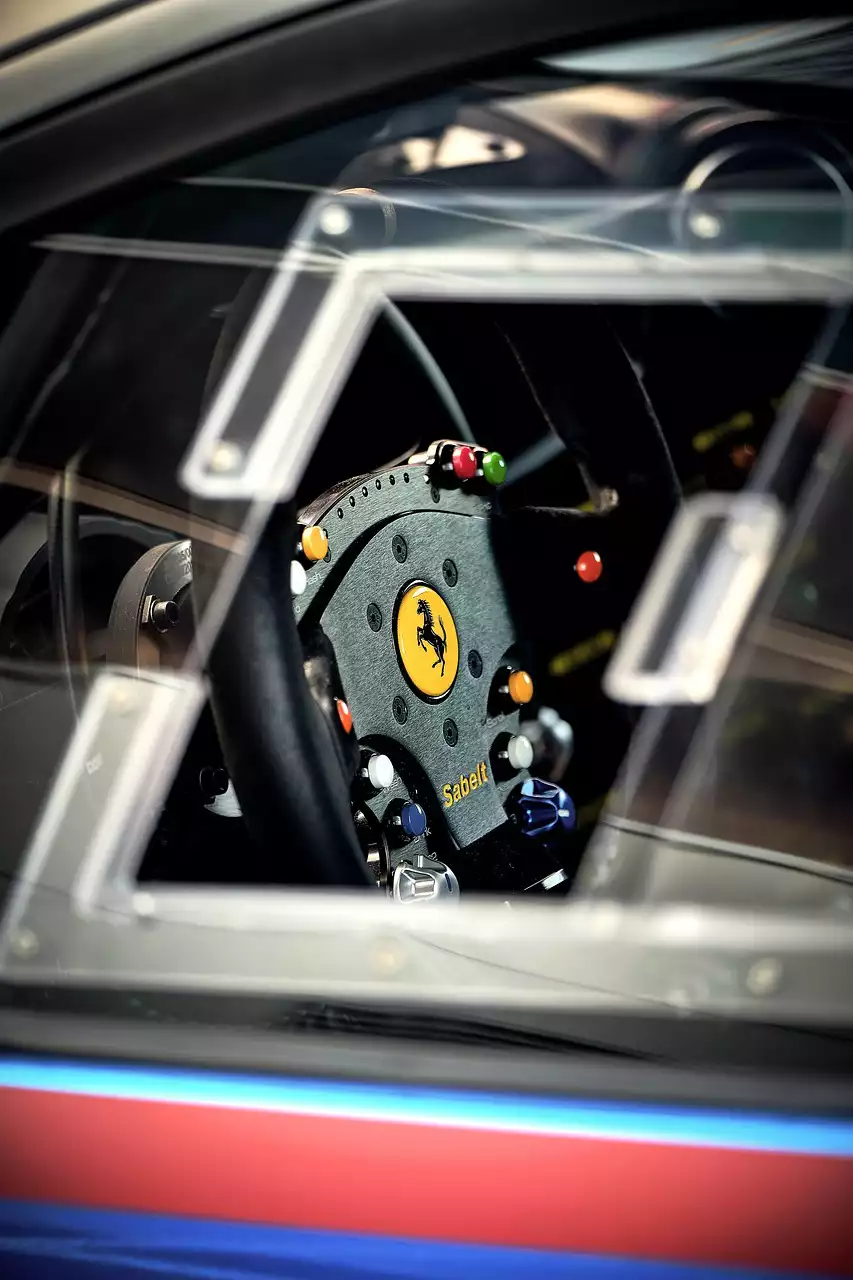




.png?size=50)